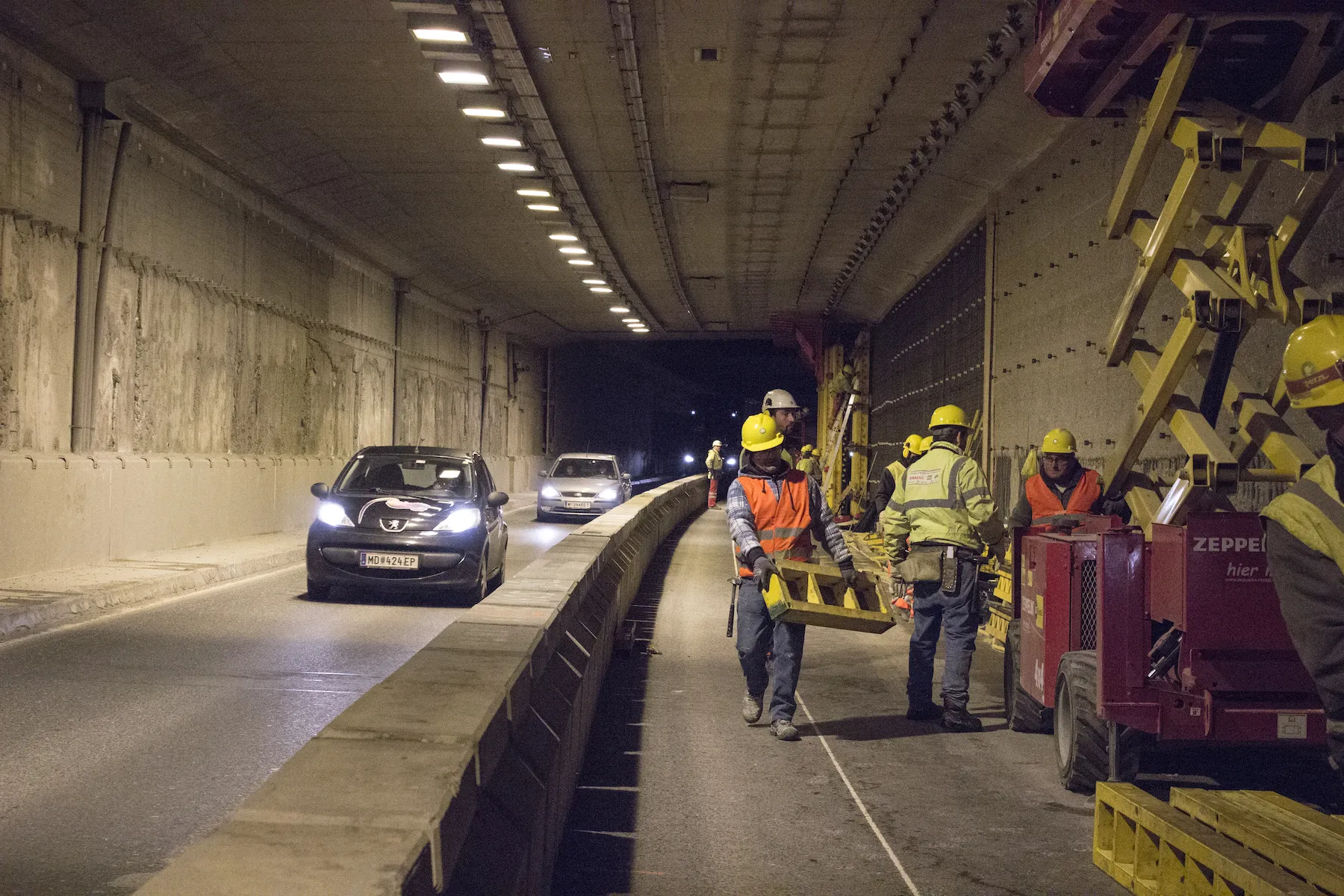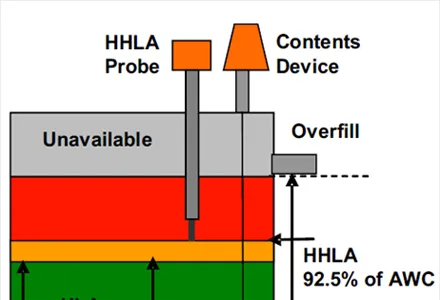The number of bicycle trips in Ile-de-France, Paris, doubled to 650,000 trips between 2004 and 2014, according to the IAU, a local urbanisation think tank and policy adviser.
Bicycles are used mainly for commuting to work and the average trip is 2km. In Paris, where bicycles were almost non-existent 15 years ago, they now make up 3% of trips in the city and 8% of work-home trips.
But half of trips of less than 2km are still made in cars, the IAU noted.
Despite an increase in bicycle usage, the number of
December 15, 2014
Read time: 2 mins
The number of bicycle trips in Ile-de-France, Paris, doubled to 650,000 trips between 2004 and 2014, according to the IAU, a local urbanisation think tank and policy adviser.
Bicycles are used mainly for commuting to work and the average trip is 2km. In Paris, where bicycles were almost non-existent 15 years ago, they now make up 3% of trips in the city and 8% of work-home trips.
But half of trips of less than 2km are still made in cars, the IAU noted.
Despite an increase in bicycle usage, the number of accidents is stable, suggesting that it is safer to ride a bicycle now than a decade ago. The statistic also coincides with a police crackdown on drinking and driving.
The increase in bicycle usage also has come during the Velib bicycle rental scheme, launched in 2007. Velib – from velo for bicycle and lib from liberty – has a fleet of 20,000 bikes and 1,800 rental stations around the city. Cyclists can pick up a bike from one of the stations and drop it back at any station they choose.
Bicycles are used mainly for commuting to work and the average trip is 2km. In Paris, where bicycles were almost non-existent 15 years ago, they now make up 3% of trips in the city and 8% of work-home trips.
But half of trips of less than 2km are still made in cars, the IAU noted.
Despite an increase in bicycle usage, the number of accidents is stable, suggesting that it is safer to ride a bicycle now than a decade ago. The statistic also coincides with a police crackdown on drinking and driving.
The increase in bicycle usage also has come during the Velib bicycle rental scheme, launched in 2007. Velib – from velo for bicycle and lib from liberty – has a fleet of 20,000 bikes and 1,800 rental stations around the city. Cyclists can pick up a bike from one of the stations and drop it back at any station they choose.








